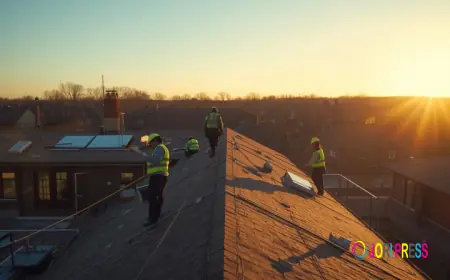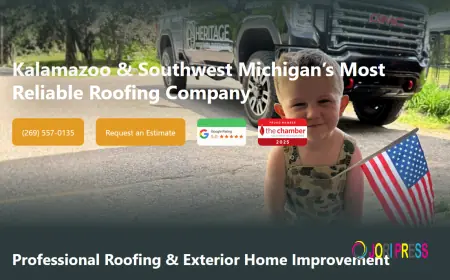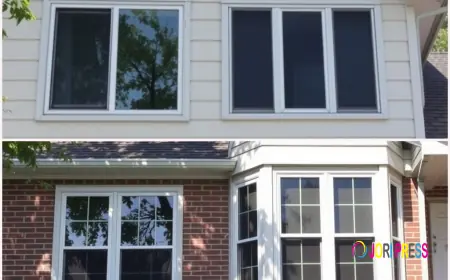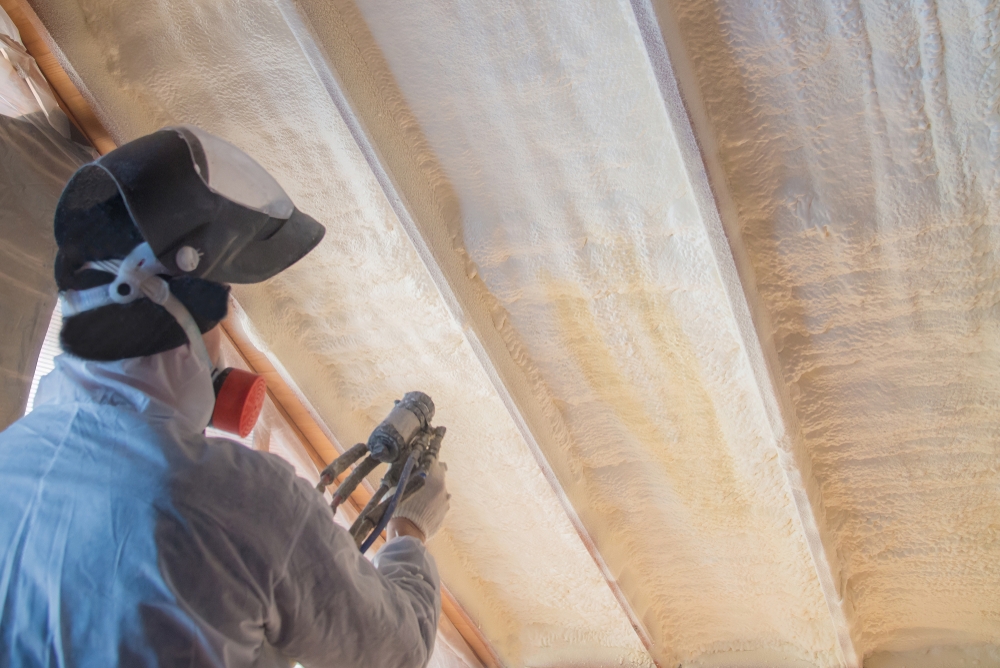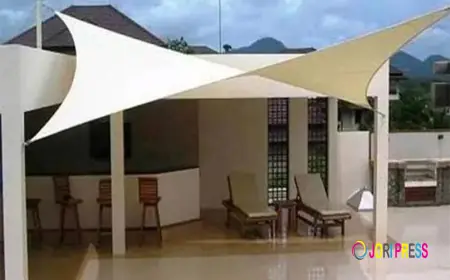Are Spray Foam Insulation Services in Nashville, TN Safe for Indoor Air Quality?
Spray foam insulation is widely used in both residential and commercial buildings across Nashville. Known for its thermal efficiency and air-sealing capabilities, this insulation method offers significant long-term energy savings. But a critical question remains: Is spray foam insulation safe for indoor air quality?
This is a top concern for homeowners, business operators, and property managers considering insulation upgrades. The short answer is yes—when installed correctly by certified insulation experts in Nashville, TN, spray foam insulation supports indoor air quality rather than compromising it.
This article explores how spray foam affects air quality, what precautions apply, how different materials compare, and what role experienced spray foam teams play in safety.
Indoor Air Safety: What to Know Before Choosing Spray Foam
Spray foam insulation is made from polyurethane and applied as a liquid that expands into a dense, airtight foam. While it provides superior energy efficiency, air quality risks arise when installation is rushed or improperly ventilated.
Foam Curing Time and Occupant Exposure
When installed, spray foam must fully cure. During this period—typically 24 to 48 hours—certain compounds release into the air. These emissions decrease rapidly once curing is complete.
-
Occupants should not enter the treated area until after full curing.
-
Ventilation during and after application is essential.
Experienced insulation teams in Nashville use controlled application methods and certified materials to eliminate residual off-gassing risks.
Material Quality and Chemical Stability
Low-grade or unapproved foam materials may contain higher levels of volatile organic compounds (VOCs). Using approved spray foam products reduces health concerns, particularly for sensitive groups like children or those with respiratory conditions.
Professional foam insulation services ensure:
-
Proper mix ratios to prevent chemical imbalance
-
Use of third-party tested, eco-friendly insulation options
-
Compliance with EPA and OSHA regulations
Comparing Spray Foam with Other Insulation Types
Insulation performance depends not only on R-value but on how the material interacts with air and moisture. Below is a comparison to highlight how energy-efficient foam insulation stacks up against alternatives.
|
Feature |
Spray Foam |
Blown-In Insulation |
Fiberglass Batt |
Mineral Wool |
|---|---|---|---|---|
|
Air Sealing |
Excellent |
Moderate |
Poor |
Moderate |
|
Moisture Resistance |
High |
Low |
Low |
High |
|
Sound Absorption |
Moderate |
Good |
Moderate |
Excellent |
|
VOC Emission (After Curing) |
Low (with quality foam) |
Very Low |
Very Low |
Very Low |
|
Lifespan |
20+ years |
10–15 years |
10–20 years |
20+ years |
|
Best for |
Air sealing, energy loss |
Attics, wall cavities |
Basements, framing gaps |
Fire-prone areas |
Foam stands out for its ability to seal air leaks, minimizing allergen entry and reducing indoor pollutant exposure. Home spray foam insulation remains one of the most airtight options available when properly applied.
Safety Depends on Professional Installation
Safe application depends more on who installs the foam than the material itself. Poorly applied foam can trap moisture, over-expand, or leave gaps. All of these can lead to indoor quality issues over time.
Certified Foam Application Specialists
Certified professionals follow strict safety and performance procedures:
-
Proper protective gear during application
-
Accurate foam mixing using calibrated equipment
-
Thorough ventilation setup for the curing period
Avoiding DIY Spray Foam Risks
DIY kits are available but often lack the quality controls of professional setups. Homeowners attempting self-application may:
-
Miscalculate foam volume and overfill cavities
-
Under-ventilate, exposing themselves to high VOCs
-
Use foam not approved for residential air spaces
Hiring local spray foam specialists in Nashville eliminates these risks entirely.
Misconceptions About Spray Foam and Air Quality
Misinformation about spray foam insulation continues to circulate. Below are common misunderstandings clarified.
“Spray foam traps harmful air inside”
Foam blocks unfiltered outdoor air—not internal circulation. Homes still require HVAC systems or mechanical ventilation, which function more efficiently with a sealed envelope.
“Spray foam always smells bad”
Off-gassing odors are temporary and usually disappear within a few days. Persistent odors signal poor-quality foam or faulty mixing, both avoidable with reliable insulation firms.
“Foam insulation causes mold”
Incorrect. Spray foam creates a vapor barrier that helps resist mold when installed with attention to moisture dynamics and wall permeability.
Long-Term Indoor Performance and Air Quality Benefits
Beyond safety during application, spray foam can improve indoor air quality long-term. By sealing gaps in framing, it limits dust, pollen, carbon monoxide seepage, and outdoor chemical intrusions.
Ongoing Benefits for Residents and Building Users
-
Stable humidity: Prevents dry air and condensation
-
Fewer drafts: Reduces airborne particles and allergens
-
Reduced heating/cooling cycles: Lowers circulation of irritants
Home energy specialists often recommend spray foam in aging Nashville buildings where insulation gaps contribute to both energy loss and poor air quality.
Insulation Services Supporting Air Quality
Armored Insulation offers a full range of services focused on energy efficiency and building health in Nashville and surrounding areas.
Spray Foam Insulation
Closed-cell and open-cell foam applications for walls, attics, and crawl spaces. Applied by experienced spray foam teams using advanced methods and high-grade materials.
Blown-In Insulation
Loose-fill cellulose or fiberglass for attics and wall cavities. Useful for topping up existing insulation or retrofitting older homes.
Fiberglass Batt Insulation
Pre-cut insulation rolls for unfinished walls, ceilings, and basements. A traditional choice with reliable R-value when installed tightly.
Mineral Wool Insulation
Fire-resistant and sound-dampening insulation for high-heat areas or noisy buildings. Adds extra moisture resistance and density.
Crawl Space Insulation
Prevents moisture intrusion and temperature fluctuations beneath buildings. Enhances overall comfort and indoor air safety.
Insulation Removal
Safe removal of degraded, contaminated, or inefficient insulation. Followed by cleanup and prep for reinstallation.
Blown-In Wall Insulation
Dense-packed insulation for sealed wall cavities. Ideal for retrofitting without removing drywall.
Conclusion
Spray foam insulation services in Nashville, TN are safe for indoor air quality—when installed correctly by professional insulation teams. The key is selecting a trusted foam contractor with a strong track record, certified staff, and knowledge of building science.
Foam provides more than just energy savings. It helps maintain stable air conditions, blocks pollutant pathways, and reduces allergen entry—all of which contribute to healthier indoor living and working spaces.
Ready to Achieve Energy-Efficient Indoor Performance?
Proper insulation is one of the most cost-effective ways to improve air quality and reduce energy waste. Armored Insulation supports property owners with performance-focused, eco-friendly insulation backed by local knowledge and expert crews.
Call (270) 727-5566 to schedule your project or get answers to specific insulation questions.
FAQs
Is spray foam insulation safe to breathe after installation?
Yes. Once cured (usually within 24–48 hours), spray foam becomes inert and emits no harmful chemicals. Certified insulation experts manage the ventilation and curing process to avoid indoor air concerns.
Can spray foam improve indoor air quality in older homes?
Yes. Foam seals cracks and gaps where allergens, dust, and outdoor pollutants often enter. This improves both air purity and HVAC system efficiency.
Does spray foam insulation cause respiratory issues?
When applied correctly by foam application specialists, spray foam does not cause respiratory issues. Any risks are limited to the uncured application phase, which is controlled by limiting access and using ventilation.
How do professionals make spray foam safe during installation?
By using PPE, setting up proper air circulation, monitoring chemical mix ratios, and enforcing occupant wait times. Professional insulation teams in Nashville are trained for safety compliance throughout the process.
What makes spray foam better than traditional insulation for air sealing?
Spray foam expands on contact, filling irregular gaps and creating a continuous seal. Traditional materials like fiberglass batt leave seams and don’t fully prevent airflow, leading to leaks and lower indoor air stability.
Author: Jared Baker, Owner and Director of Business, brings deep local insight and strong business expertise to Armored Insulation as a native of Mayfield. While continuing a full-time role as a Staff Officer with a federal natural resources agency, has successfully built multiple ventures, including Bluegrass Commercial Cleaning, Animal Tales, and Undercover Properties. As Armored’s Business and Marketing Manager, plays a key role in upholding the company’s focus on delivering top-tier service. Reviewer: Mia Clark used her 9 years of experience in spray foam to review this article and offered input focused on helping companies make their services easier to understand and market effectively.
What's Your Reaction?
 Like
0
Like
0
 Dislike
0
Dislike
0
 Love
0
Love
0
 Funny
0
Funny
0
 Angry
0
Angry
0
 Sad
0
Sad
0
 Wow
0
Wow
0
